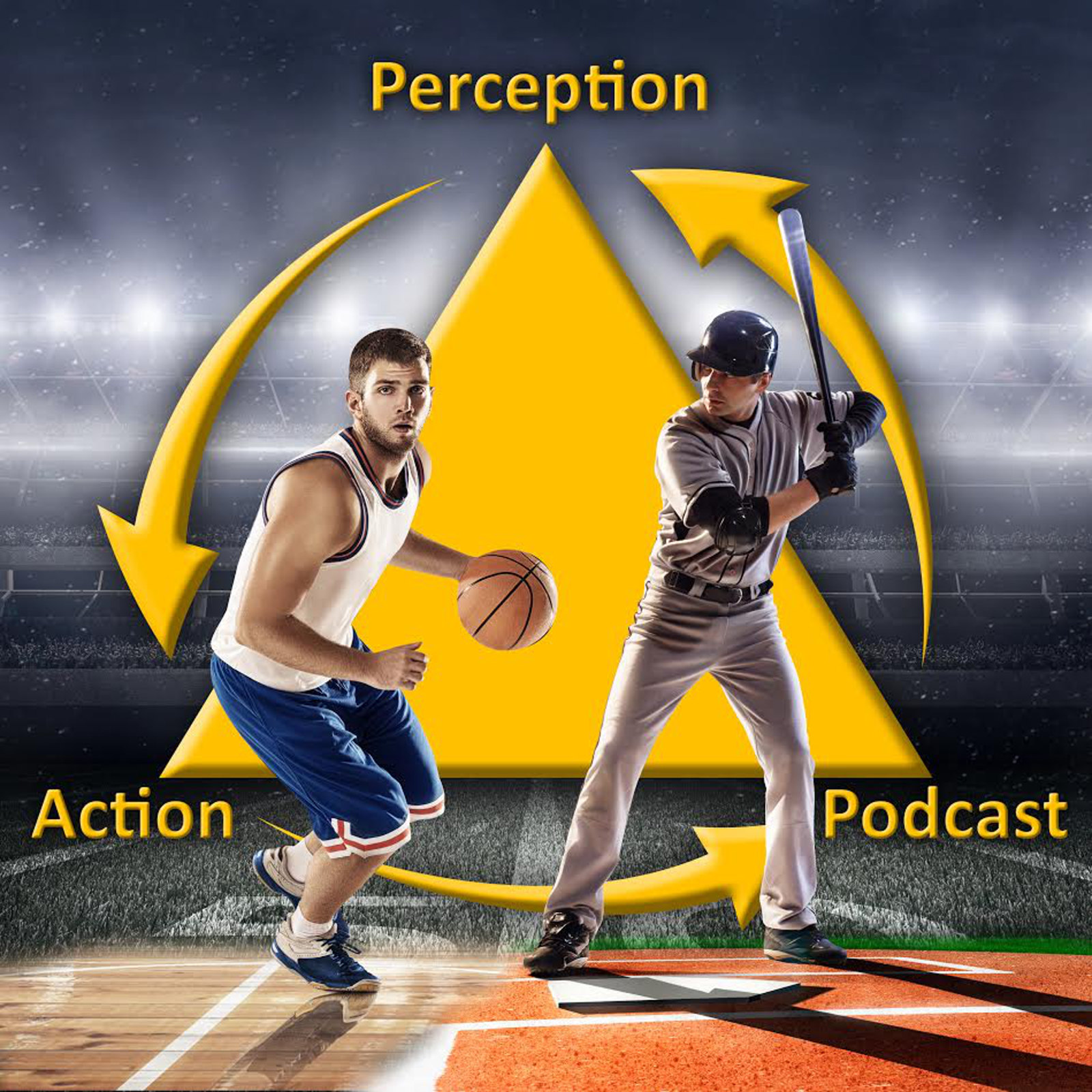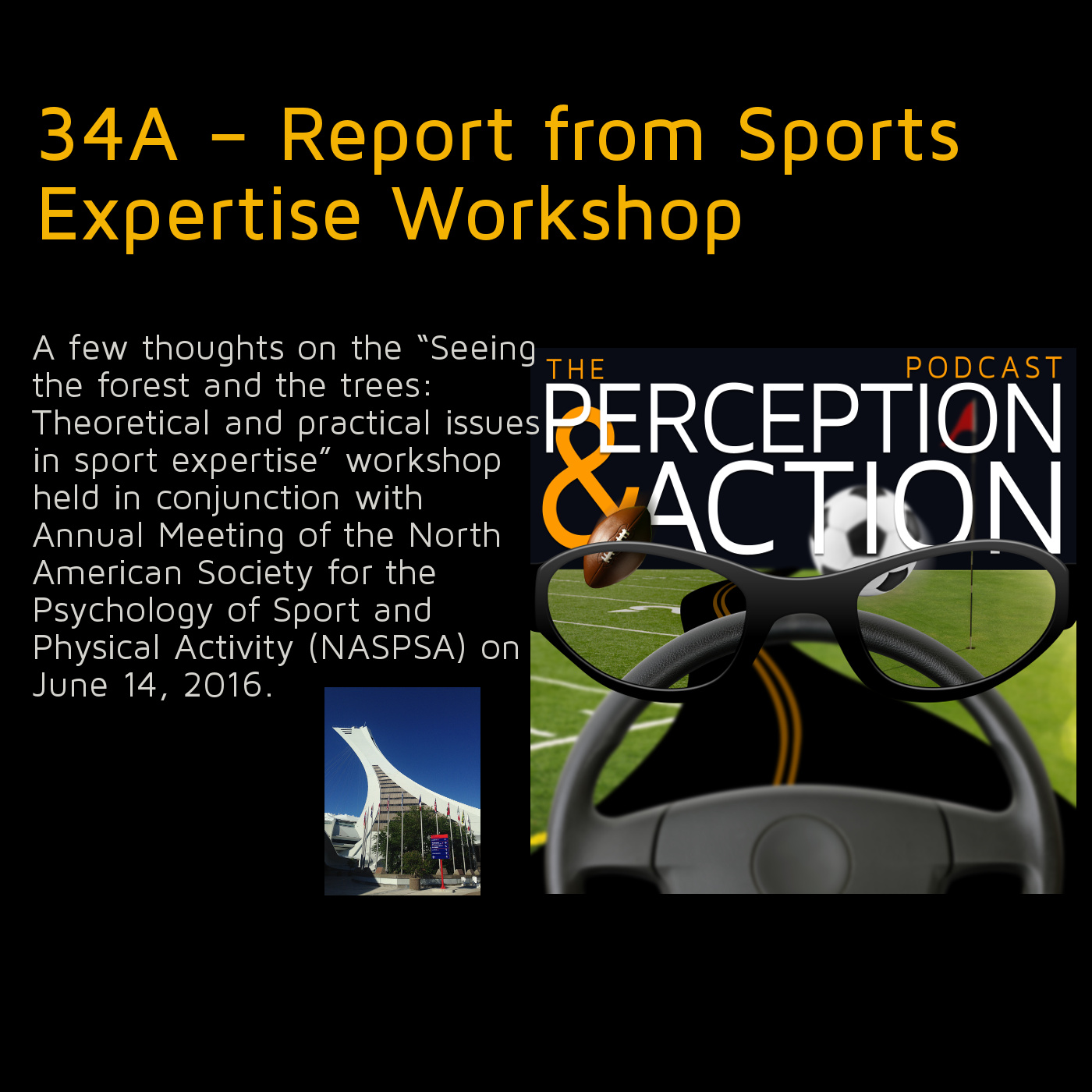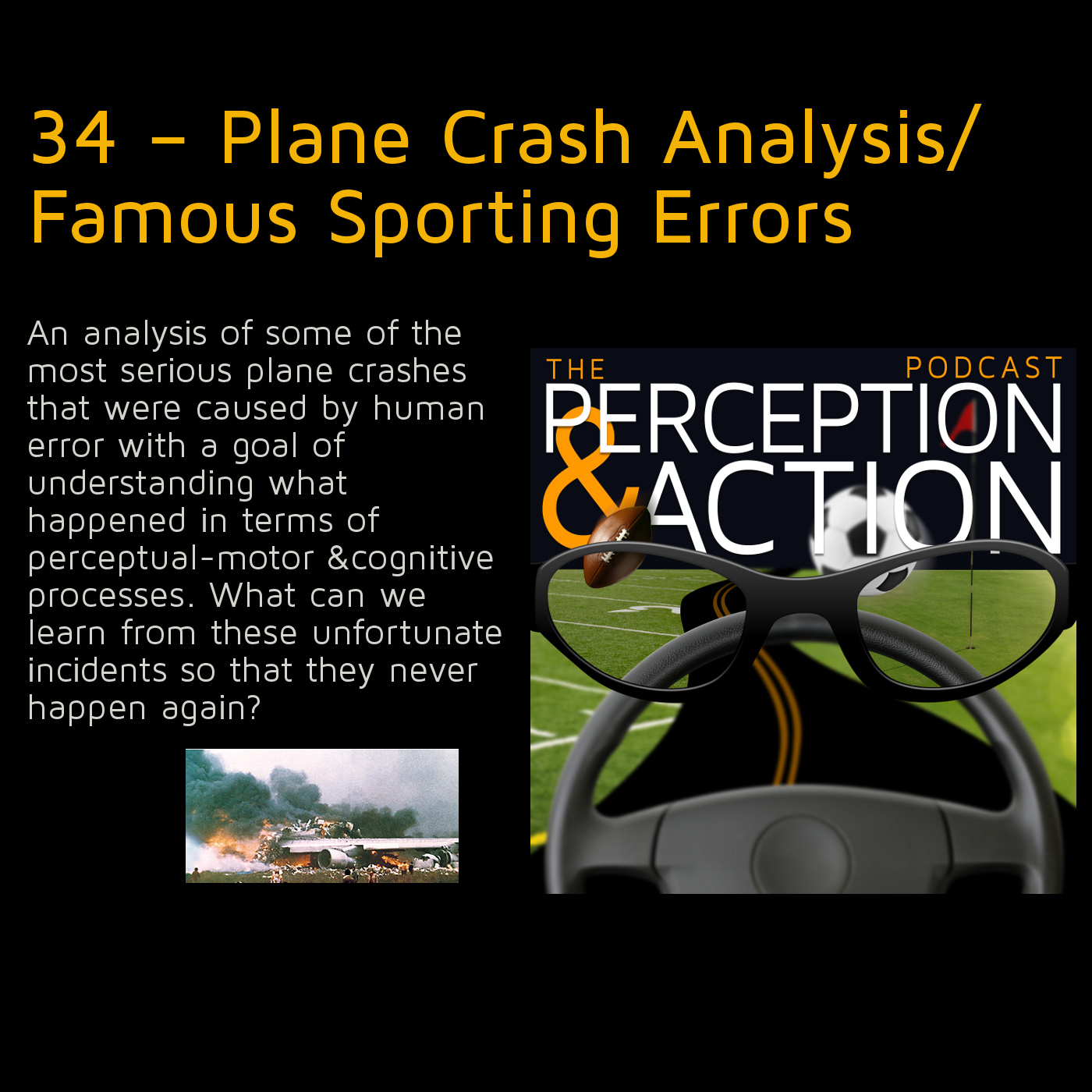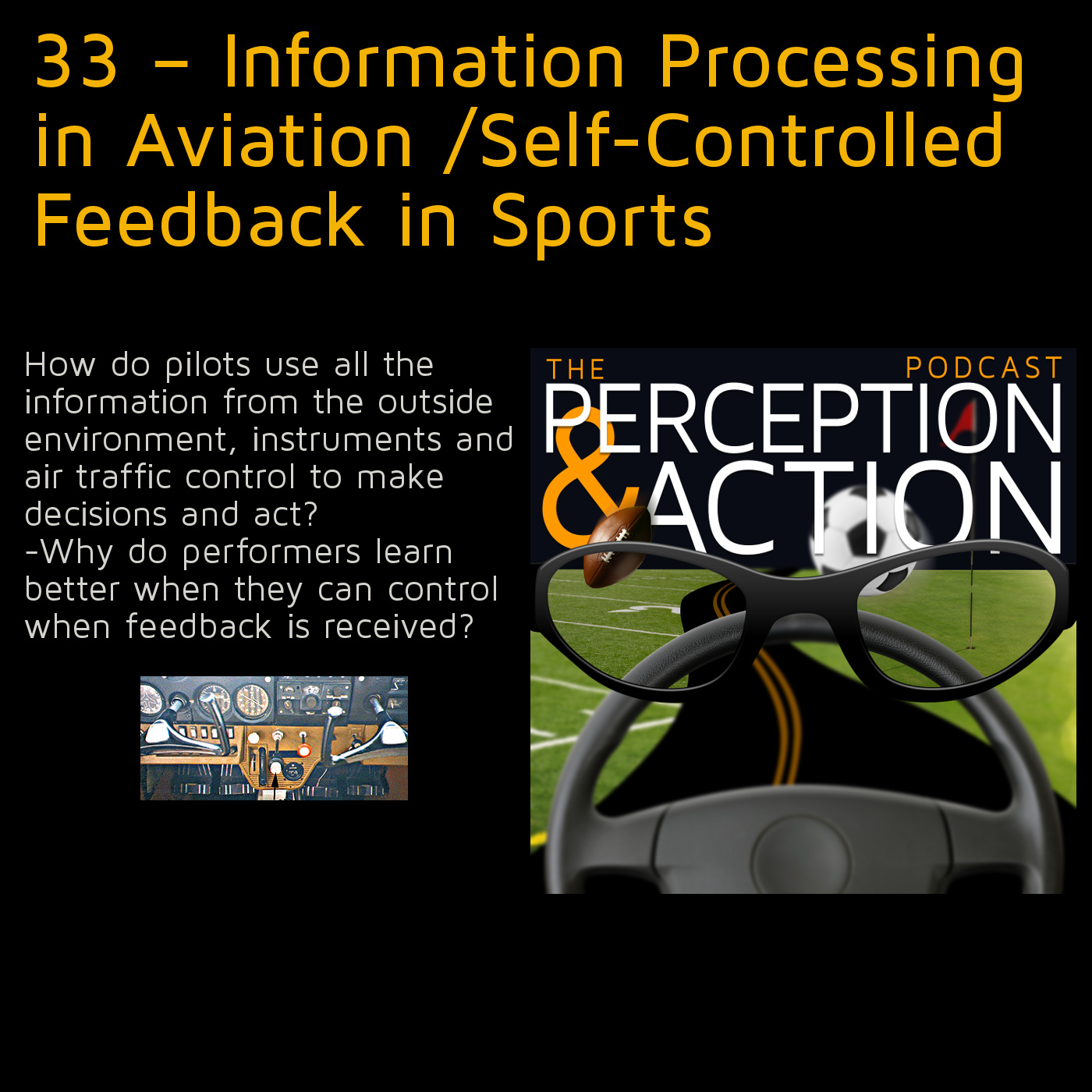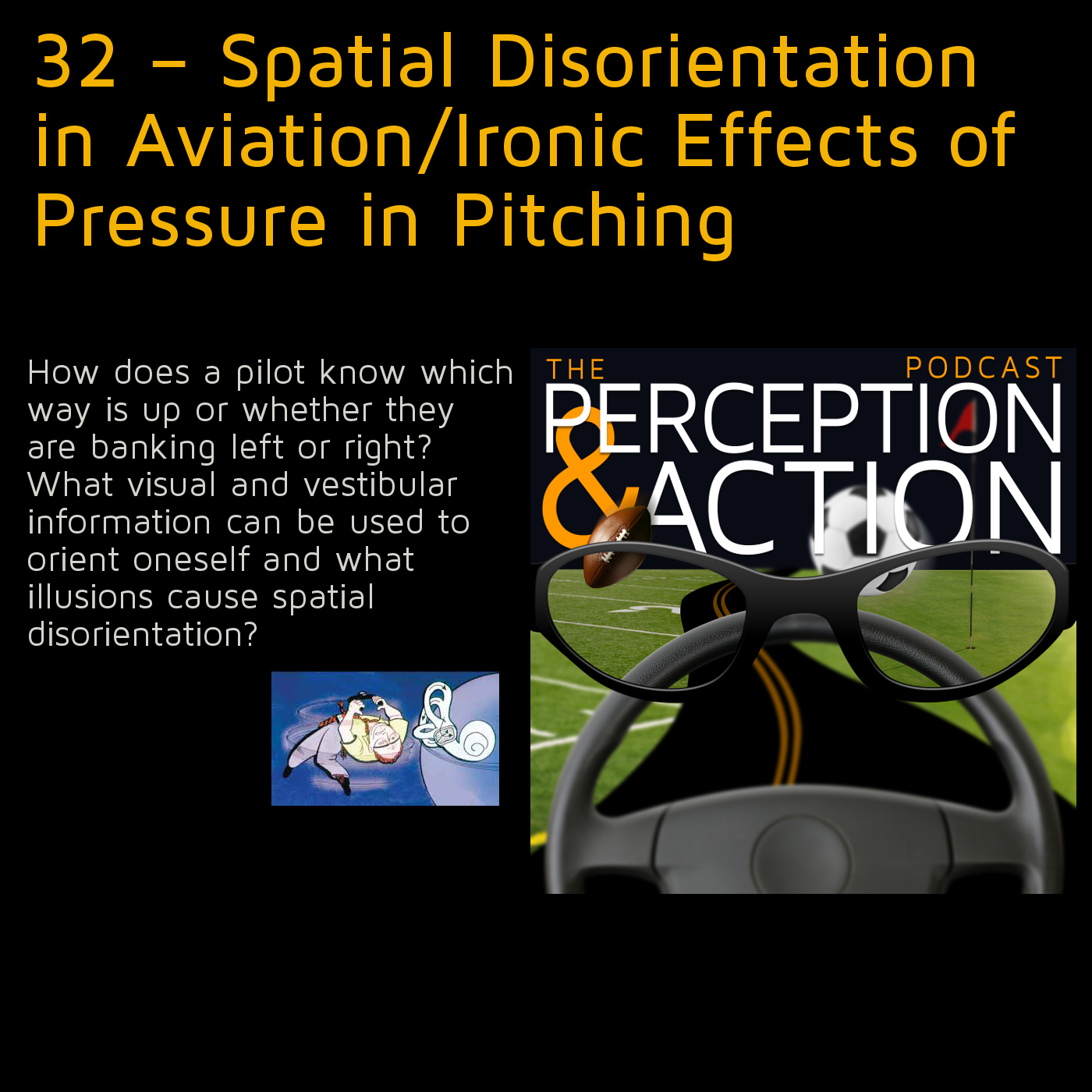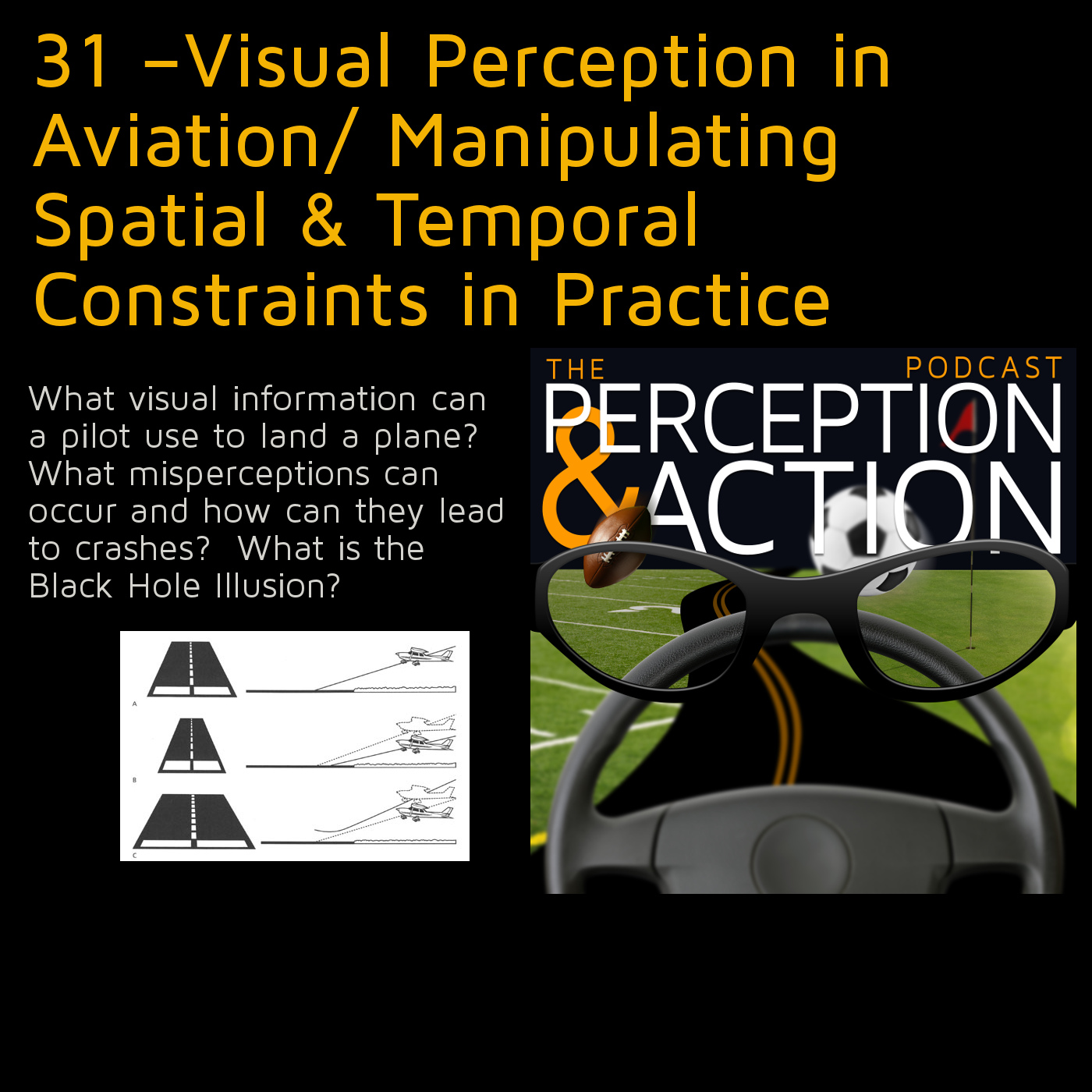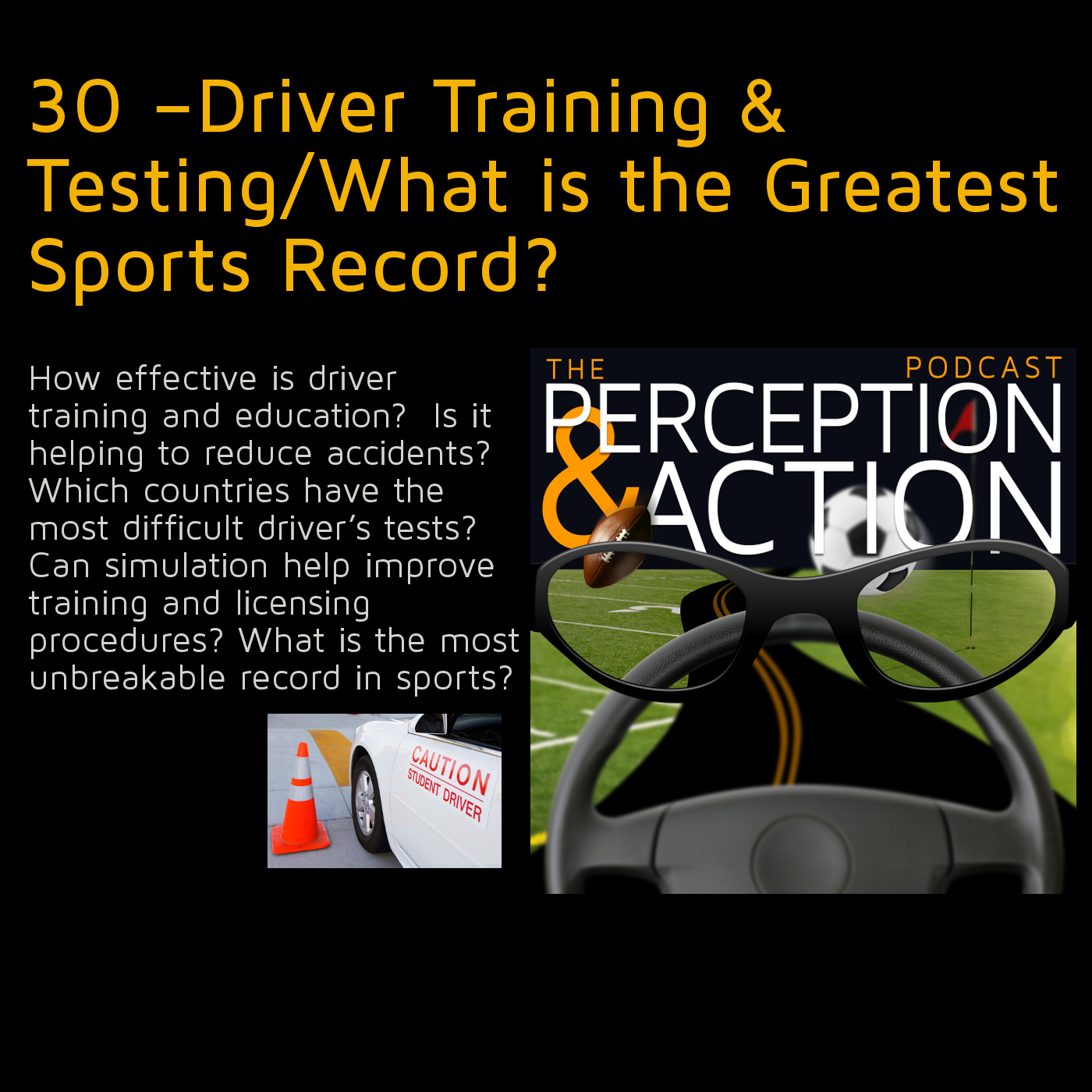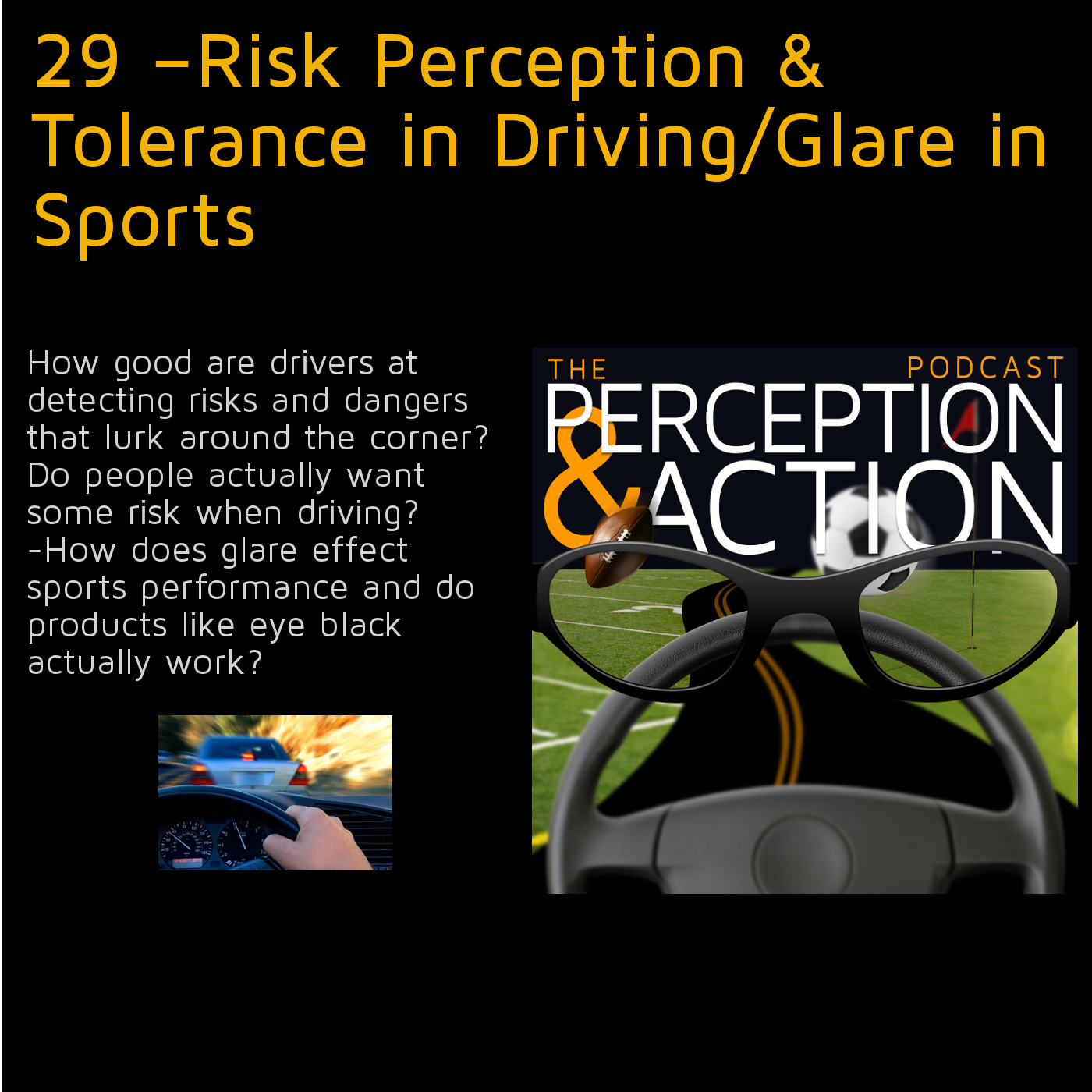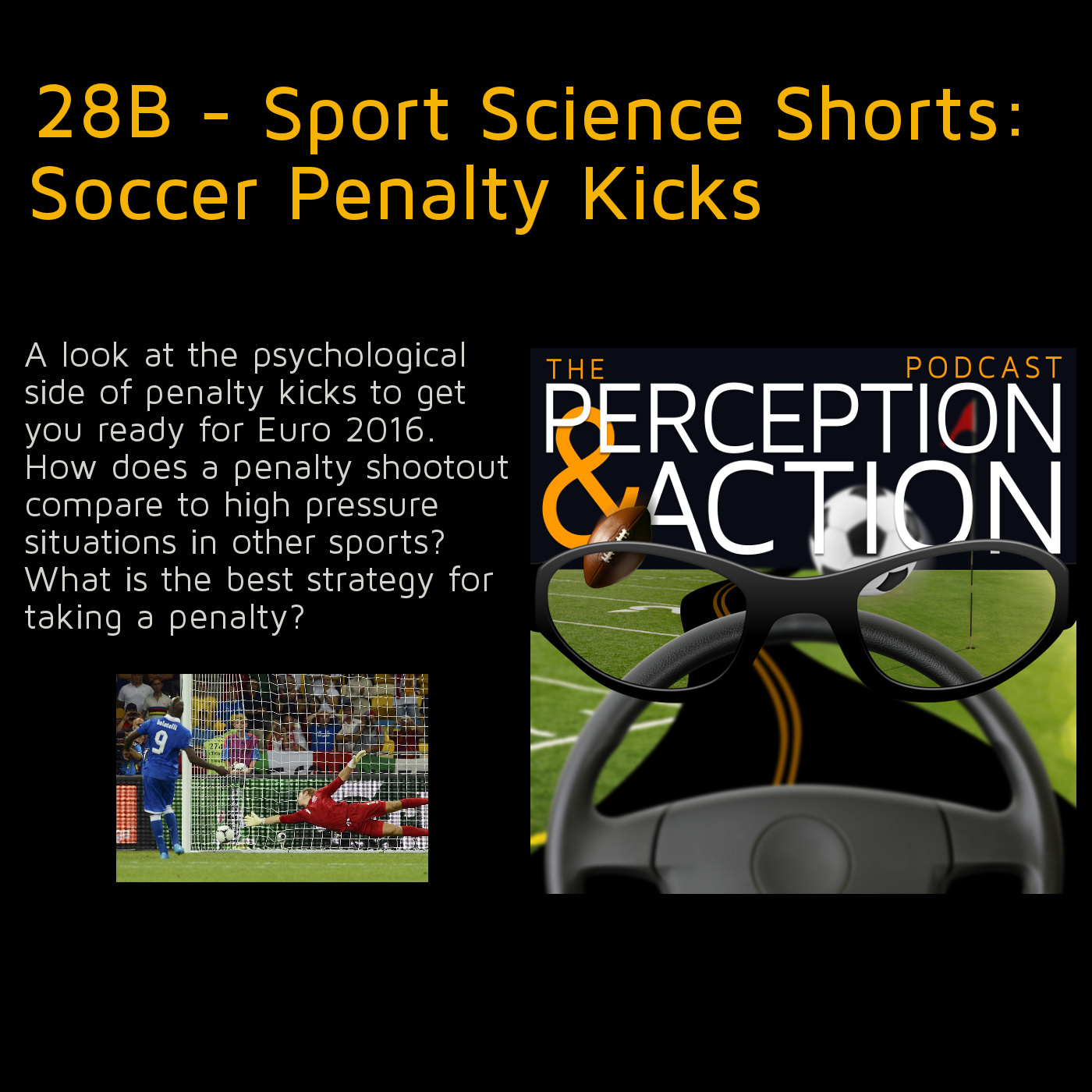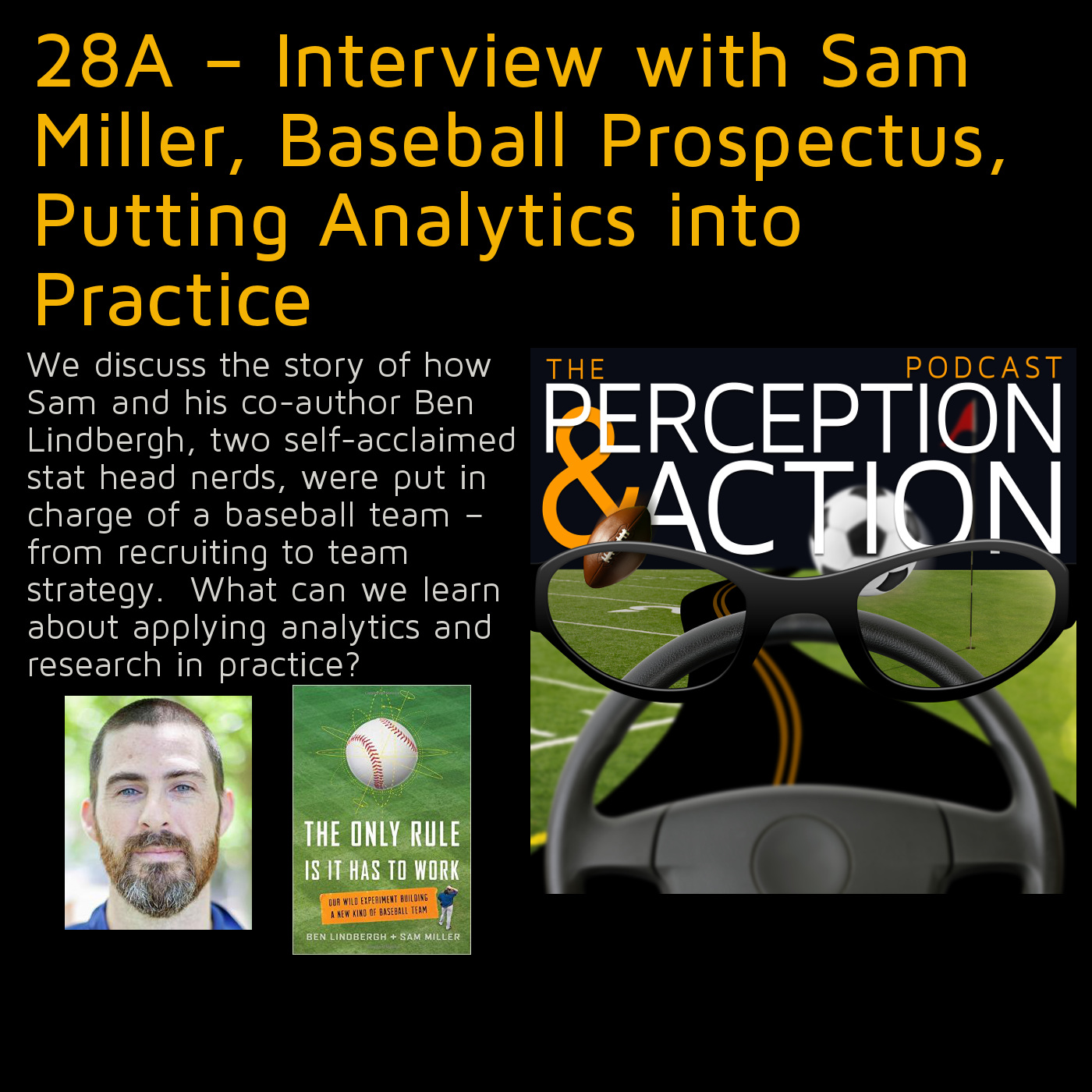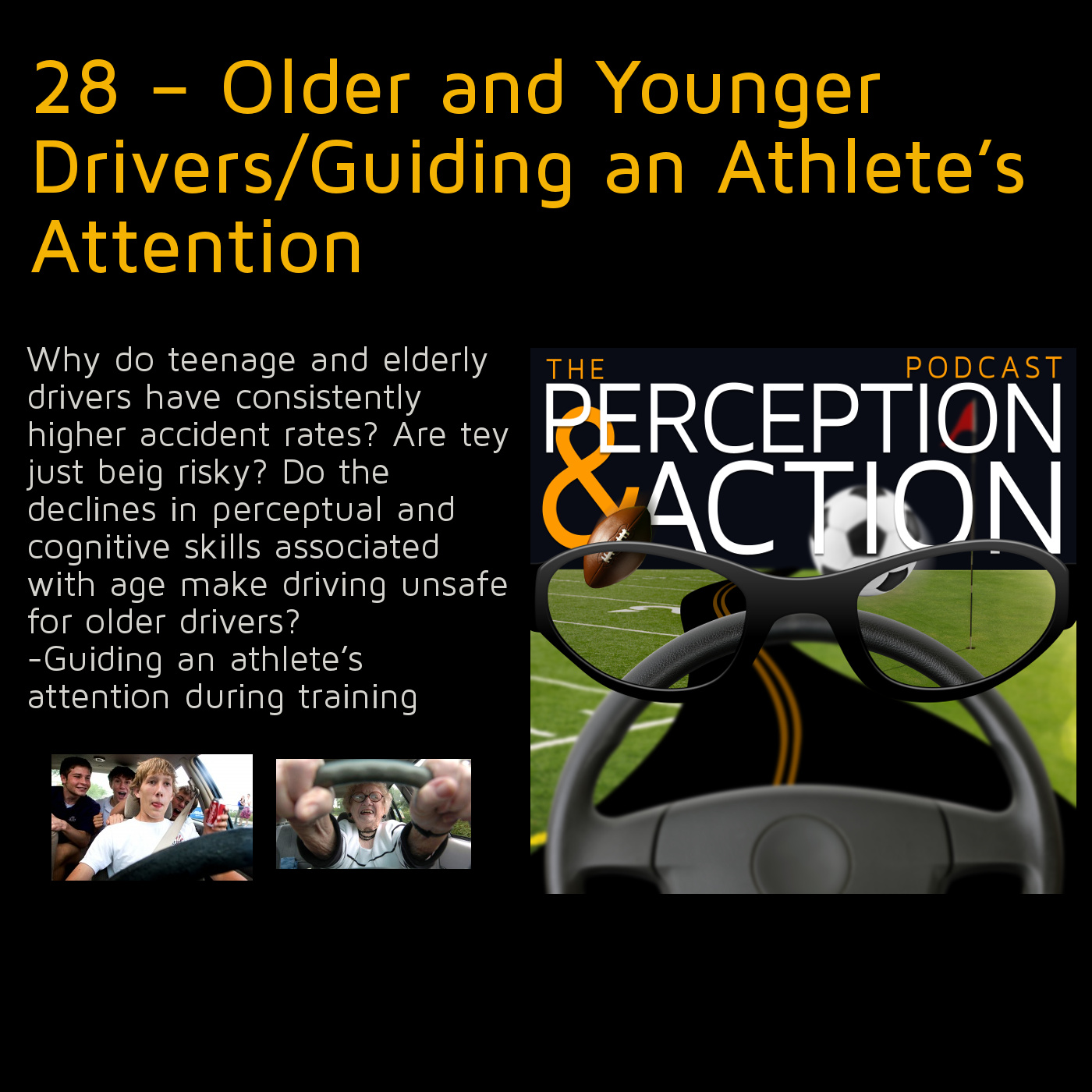34A – Report from Sports Expertise Workshop
34A A few thoughts on the “Seeing the forest and the trees: Theoretical and practical issues in sport expertise” workshop held in conjunction with Annual Meeting of the North American Society for the Psychology of Sport and Physical Activity (NASPSA) on June 14, 2016. Download link http://naspspa.com/2016-naspspa-conference-workshops/ More information: My Research Gate Page (pdfs of…
Read More